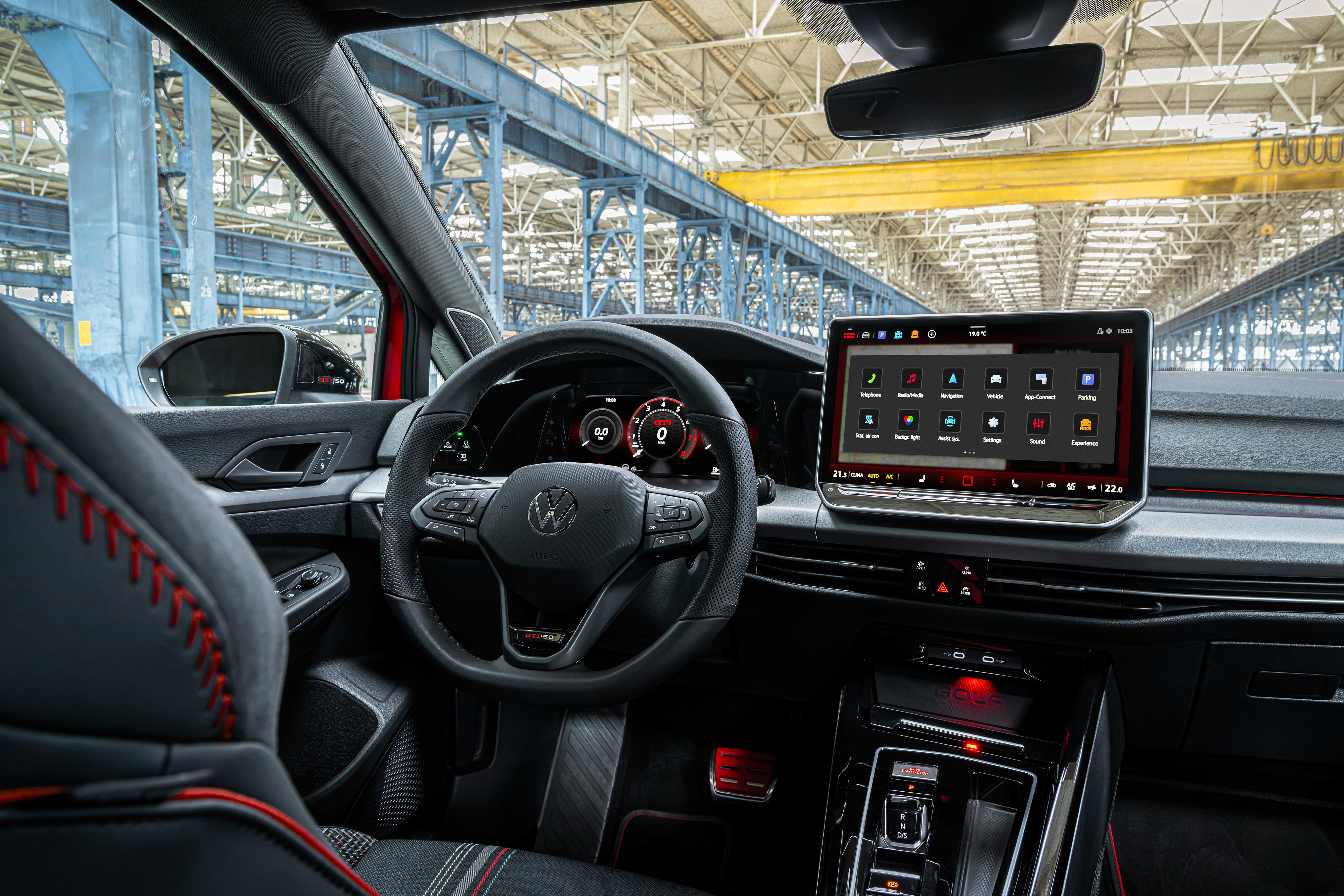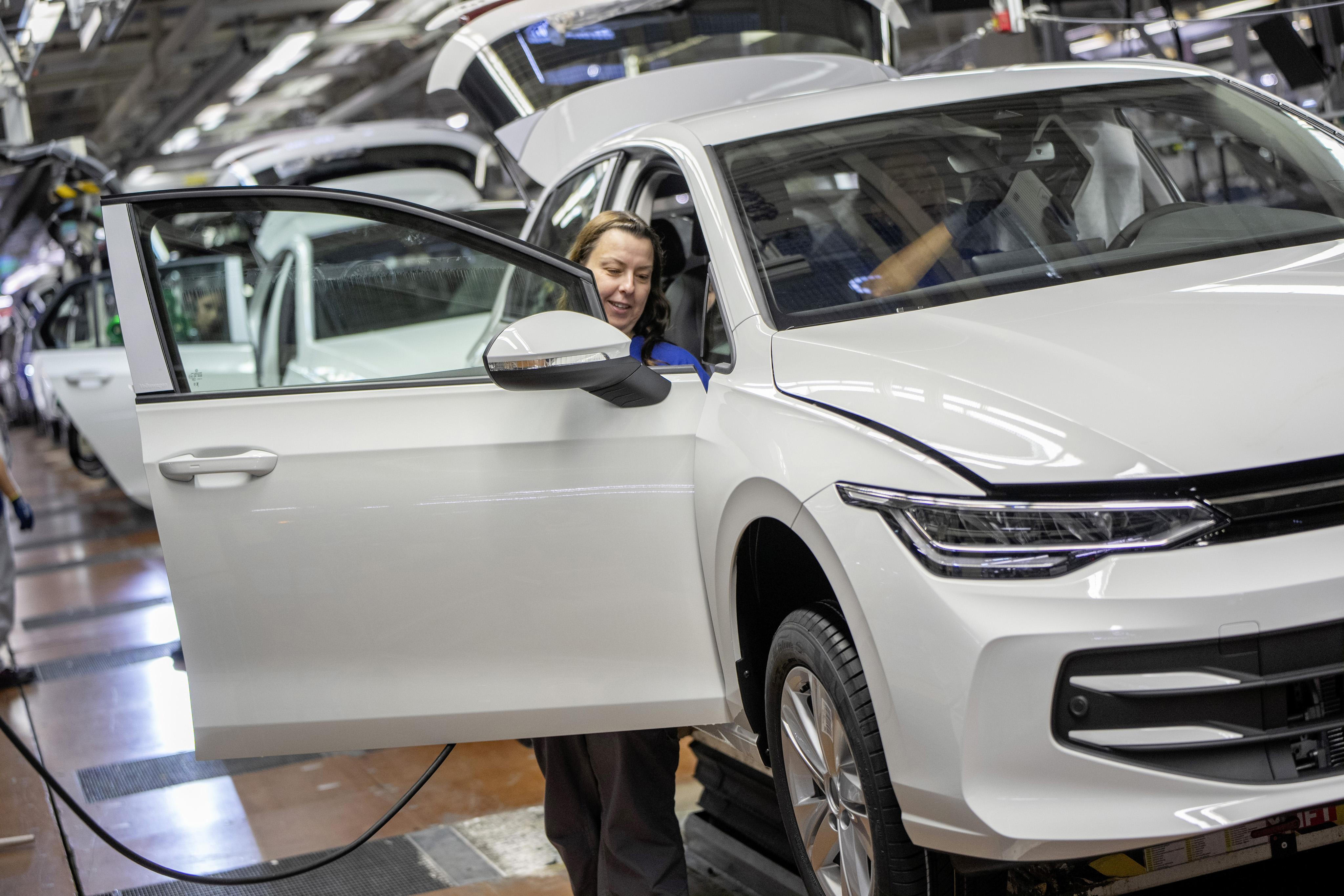Automakers that have suffered from the Nexperia chip saga might see some relief soon with the Dutch and Chinese governments making progress with their talks.
The Dutch government has temporarily suspended a year-long emergency order issued on October 14 barring Nexperia from relocating company parts, firing executives, and making decisions without the permission of the Dutch government.
This move comes after what the company describes as “constructive dialogue” between the Dutch and Chinese governments.
A separate ruling from the Dutch Enterprise Chamber — a division of the Amsterdam Court of Appeal — remains in place, though. That means former CEO Zhang Xuezheng is still barred from running the company, and Nexperia shares held by owner Wingtech are still effectively under the control of the court.
CarExpert can save you thousands on a new car. Click here to get a great deal.

Nexperia is a key supplier of “legacy” semiconductors used in vehicles and consumer electronics. In cars these chips control various functions, such as the power steering, airbags, central locking, power windows, and so forth. Nexperia is the last supplier of its type to operate factories in Europe.
Prior to the current crisis, Nexperia manufactured chips in Europe, and sent up 80 per cent of these to China to be processed, tested and packaged.
A spokesperson for the Chinese Ministry of Commerce told Automotive News Europe the move by the Dutch authorities was a “first step in the right direction”. As part of the detente, the Chinese government has eased some of the export restrictions it placed on Nexperia’s Chinese arm.
The VDA, the association representing Germany’s automakers, cautioned “the supply of Nexperia parts remains uncertain, and negative impacts on production cannot be ruled out at this time either”.
In a media statement, Nexperia BV, the company’s Netherlands-based global holding company, says it still working with customers on “alternative supply chain solutions” to the current crisis.
It also accuses Nexperia China of ignoring instructions from headquarters, refusing payment for wafers, misappropriating company seals, and establishing unauthorised bank accounts and directing customers to send money there.
Timeline of a chip crisis
In 2019 Chinese company Wingtech bought chip maker Nexperia, which was once the Philips Semiconductor division, for around US$3.6 billion (A$5.6 billion).
Since 2023, management of Nexperia BV have been sending warnings to the Dutch government about the activities of CEO Zhang Xuezheng. Dutch authorities claim they have evidence Mr Zhang was planning to move production equipment, intellectual property and finances to China.

Wingtech was placed on US trade restriction list in December 2024. In June 2025, the US warned Nexperia it too will be hit trade embargoes if CEO Zhang Xuezheng isn’t removed, a threat it carried out in September.
As a result, the Dutch government invoked a Cold War-era law giving it, essentially, veto powers over the company, while a Dutch court removed Mr Zhang as CEO. In retaliation, the Chinese government barred Nexperia’s local factories from exporting chips.
Before matters came to ahead, Nexperia controlled about 40 per cent of the automotive chip market in Europe. It has contracts with Mercedes-Benz, BMW, Toyota, Stellantis, and Volkswagen. So far Volkswagen is the hardest hit, causing it to shut down production of the Golf at its Wolfsburg plant at the end of October.

